.webp)
© History Oasis

Discontinued: July 1, 2013
Google Reader let millions follow their favorite websites in one place. Users subscribed to RSS feeds and watched updates flow into a clean, organized stream. Journalists, bloggers, and tech enthusiasts built their daily routines around Reader's "river of news." When Google discontinued the software, over 100,000 people were outraged. The shutdown marked a turning point—the death of the open, RSS-powered web.

Discontinued: April 2, 2019
Google+ was Google's desperate attempt to dethrone Facebook. The platform introduced "Circles" to organize friends and integrated with Gmail and YouTube. CEO Larry Page tied every employee's bonus to Google+'s success. Google really wanted to win the social media race at the time. Despite 90 million signups, nobody used it. Two data breaches exposed millions of users' information, forcing Google to shut down early. The failure cost billions and left Facebook unchallenged.
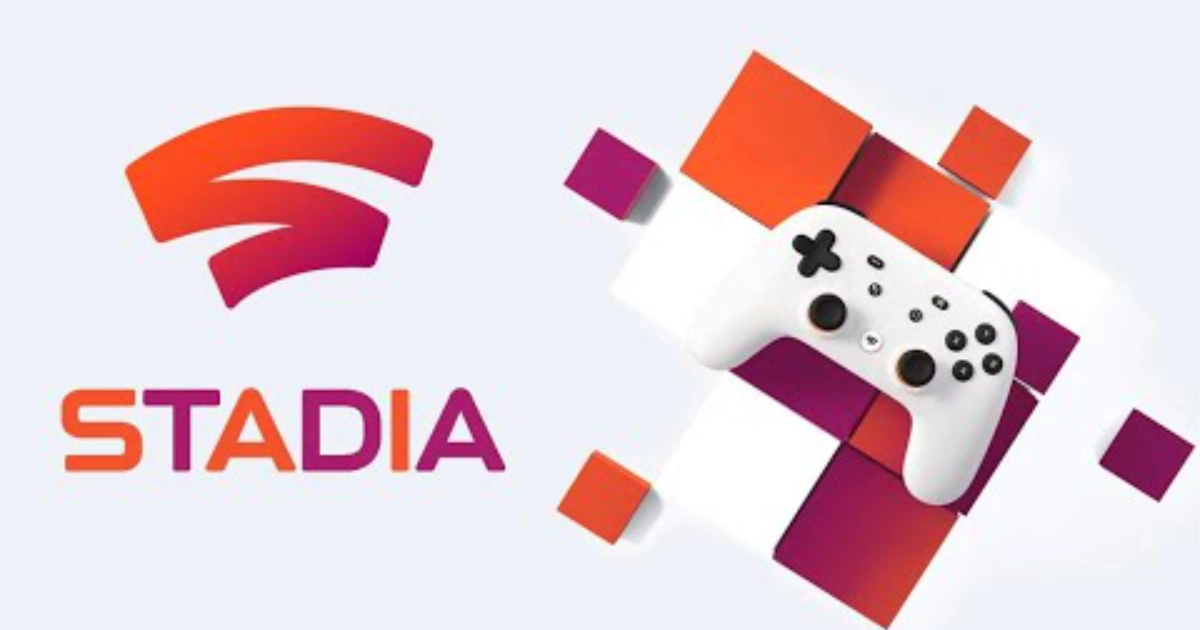
Discontinued: January 18, 2023
Stadia promised to kill consoles by streaming games through web browsers. No downloads, no hardware. It offered click-and-play AAA games at 4K quality. The technology worked, but everything else failed. Google's confusing pricing, tiny game library, and decision to close its game studios doomed Stadia. When it died, Google refunded every purchase—hardware, games, everything. It cost the search giant an estimated $200 million.
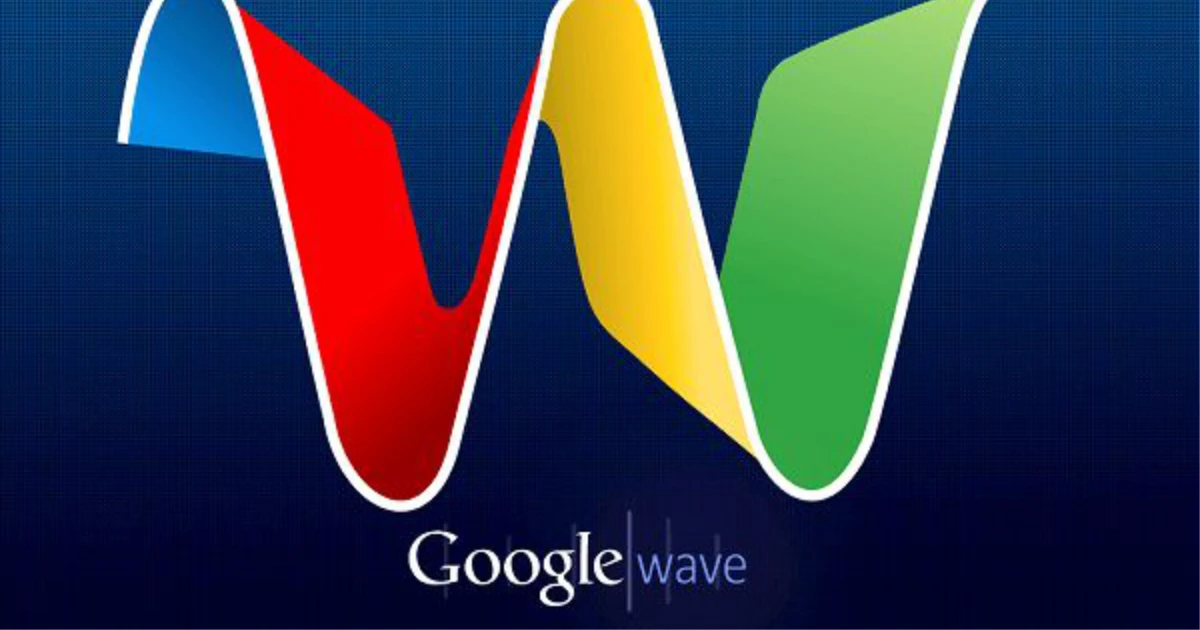
Discontinued: August 4, 2012
Wave tried to reinvent email by mashing together messaging, documents, and real-time editing. Multiple people could edit the same message while watching every keystroke appear instantly. Google's 80-minute demo at I/O 2009 got a standing ovation. But Wave confused normal people—they couldn't grasp this hybrid email-wiki-chat monster. Only tech nerds loved it. Wave's ideas later inspired Slack and Discord.

Discontinued: January 15, 2015
Google Glass put a tiny computer screen in your peripheral vision. Voice commands and touch gestures controlled the $1,500 device, which could snap photos, record video, and show notifications. Privacy fears killed Glass—bars banned "Glassholes" who might secretly record conversations. Poor battery life and social stigma finished the job. Google retreated after eight months.
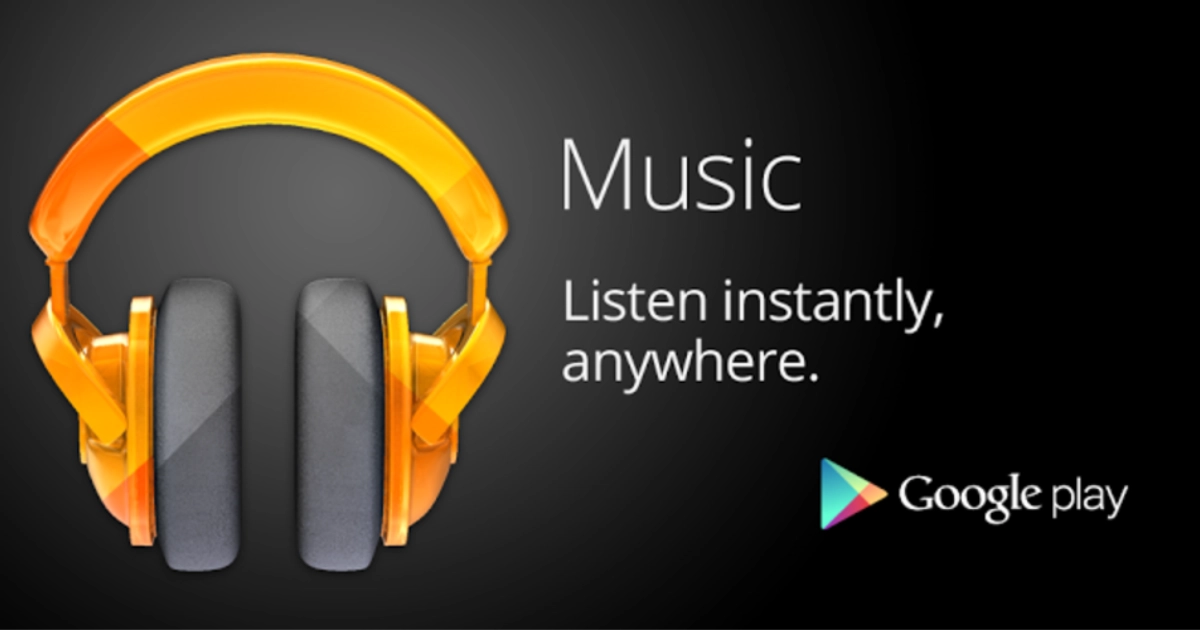
Discontinued: December 2020
Play Music combined streaming with a digital locker for your music collection. Upload 50,000 songs free—no other major service matched that. Users loved storing their obscure tracks alongside mainstream hits. Google killed it anyway, forcing migration to YouTube Music.
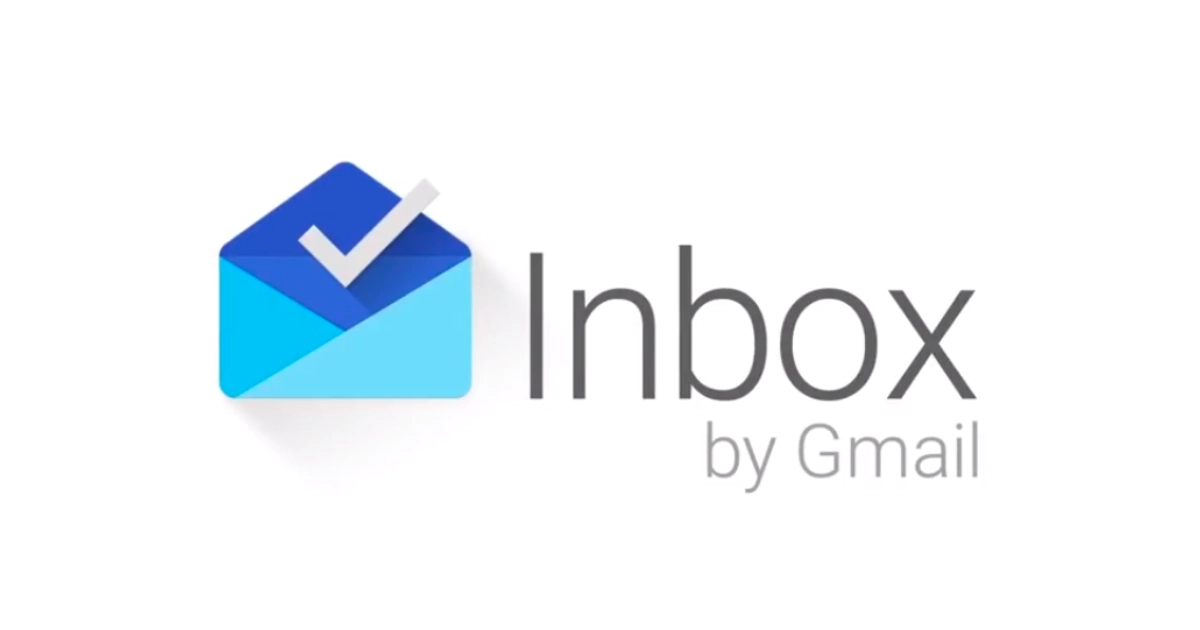
Discontinued: April 2, 2019
Inbox revolutionized email by automatically sorting messages into travel, purchases, and social categories. Smart Reply suggested responses. Snoozing hid emails until you needed them. Bundles grouped related messages together. Users worshipped Inbox for taming email chaos. Google discontinued it to focus on traditional Gmail, though many Inbox features eventually migrated over.
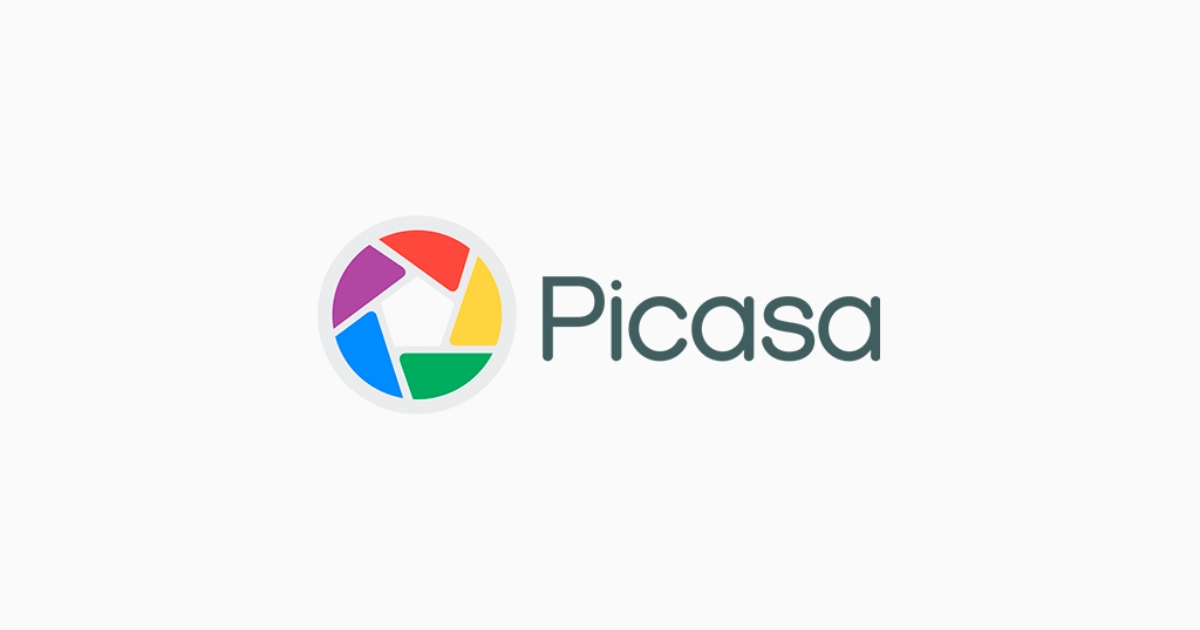
Discontinued: May 1, 2016
Picasa organized and edited photos before smartphones made everyone a photographer. The desktop software offered basic editing tools, facial recognition, and automatic albums. Google bought Picasa in 2004 when digital cameras dumped thousands of photos onto hard drives. But smartphone photography and cloud storage made desktop photo management obsolete. Google Photos replaced Picasa with unlimited storage and AI-powered features.

Discontinued: December 15, 2011
Google Buzz launched as Gmail's built-in social network, automatically connecting users based on their email contacts. The idea seemed smart—social networking where people already spent time. But Buzz immediately exposed users' private email contacts publicly, revealing who they talked to most. Privacy lawsuits erupted. Google paid $8.5 million to settle and quickly shut down Buzz. The disaster haunted Google's later social networking attempts.
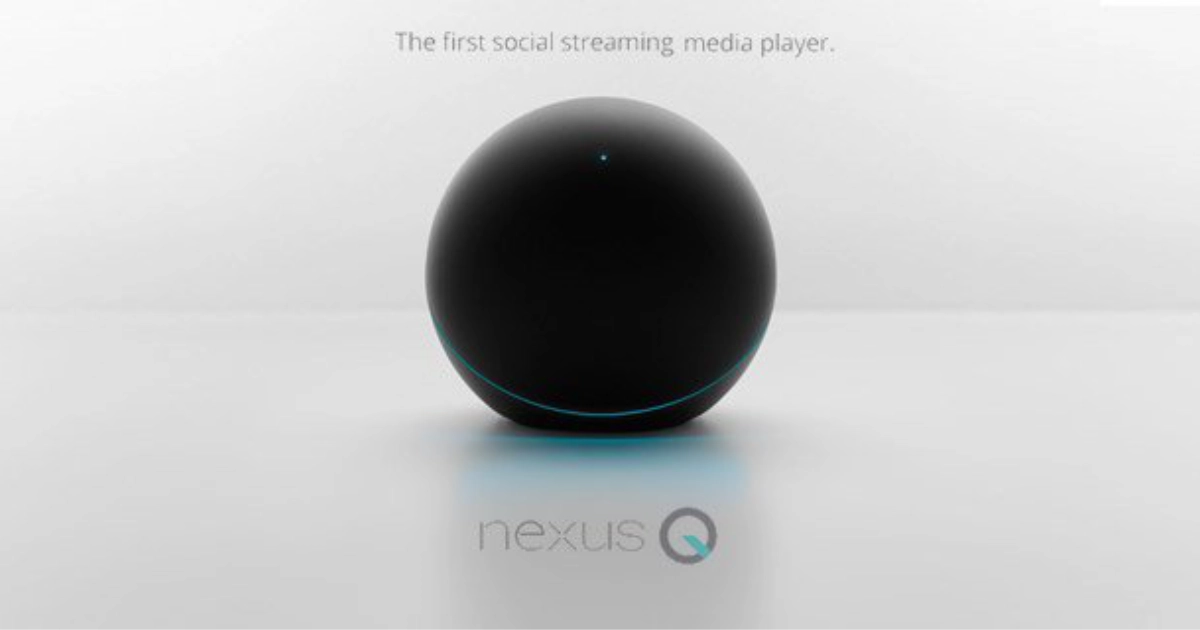
Discontinued: January 15, 2013
The Nexus Q looked like a glowing black orb that streamed Android content to TVs and speakers. Multiple users could queue songs collaboratively—hence the "social streaming" pitch. Google manufactured it entirely in America and charged $299. Nobody wanted a $300 media ball when Apple TV cost $99. Google canceled pre-orders and gave away free units at I/O 2012. Six months later, the $35 Chromecast launched and succeeded where Nexus Q failed.

Discontinued: April 2, 2024
Google Podcasts offered simple podcast listening on Android. It allowed you to subscribe, download, and play your favorite podcasts. Nothing fancy, which users appreciated in an era of bloated apps. But Google's obsession with consolidating everything under YouTube doomed Podcasts. The company forced migration to YouTube Music's inferior podcast features. Users fled to Spotify and Apple Podcasts instead.
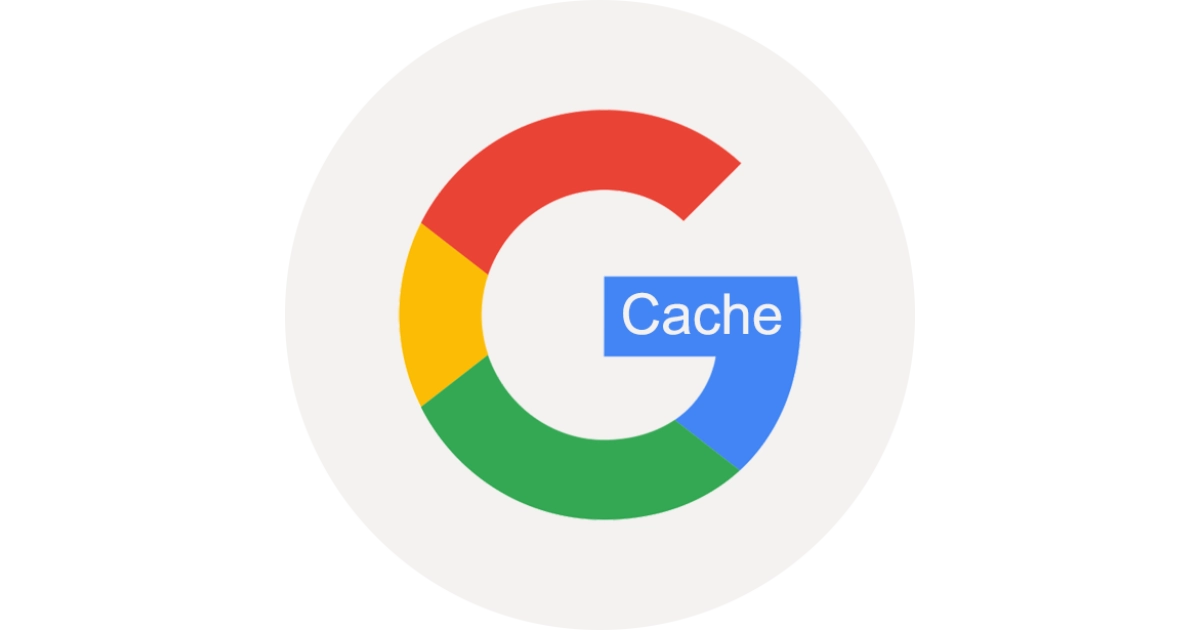
Discontinued: February 2024
Cache showed web pages as they looked when Google last crawled them. For 23 years, researchers, journalists, and curious users relied on cached pages to see how websites changed over time. The feature appeared next to search results—one of Google's oldest tools. Google quietly removed it without explanation, probably due to storage costs and legal concerns about hosting outdated content. The Internet Archive's Wayback Machine fills the void today.